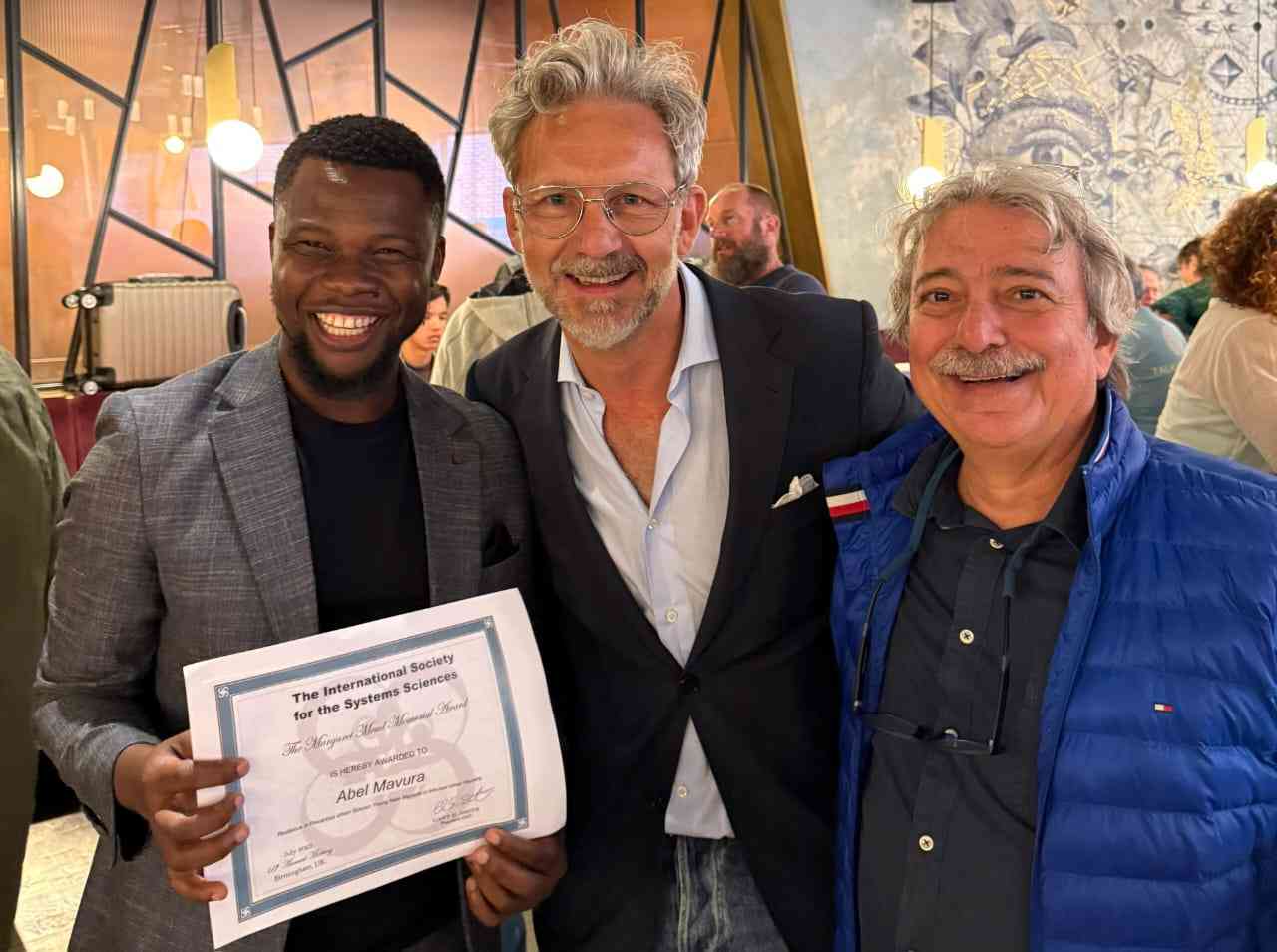
Every time an existing or potential guest gets in contact with your organisation — a telephone enquiry, walk-in to a reception, walk-in to a restaurant, walk-in to a bar, entering a hotel room, a stop at your exhibition stand, a sales call/visit, encounter with your gardens/surroundings and a view at your signage, all present “moments of truth (MOT)” that can leave a lasting positive or negative impression on a customer. How? This encounter with your product, service or personnel creates a platform at which decisive action has to be made on whether to buy or not.
hospitality talk with Zororo Marangwanda

MOT in customer service are those interactions where guests put in a high amount of energy to reach a satisfactory outcome and as such there is a high level of emotional interactions to this effect. Because there are hundreds of MOT happening within a hotel in a single day, it becomes important for every employee — top to bottom — to develop a high level of emotional intelligence in ensuring they deliver what the guest needs or wants, timeously and effectively much to the delight of the guest, potential or repeat. MOT present the hurdle for the conversion of potential into real sales. A courteous or well-informed barman or waiter is likely to upsell in as much as an articulate safari tour guide or sales person is likely to land a more lucrative trophy hunt.
The hospitality industry’s survival hinges on the ability to intricately upgrade service interactions when confronted with moments of truth. This interaction with a brand, product or service to form or change an impression about that particular brand, poses as a differentiation factor, exposing positive and negative business attributes and resultantly giving an organisation a sustained competitive edge.
Understanding MOT that are important to a hospitality organisation’s customers is the key to understanding what is good customer service.
Zororo Marangwanda is the marketing executive for CUT Hotels Group. For feedback/discussions email: [email protected]











